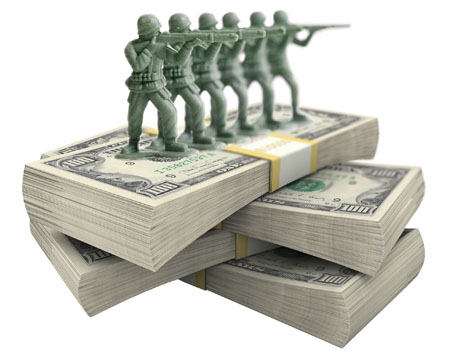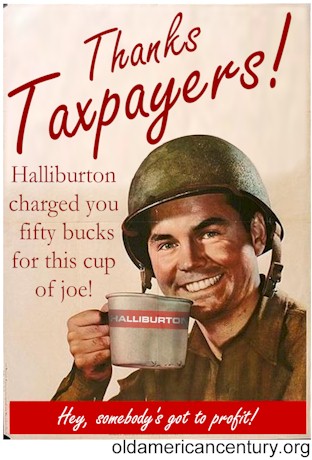You know that Wall Street reform bill pending in the Senate? Some last minute insertions add up to a surprisingly big win for the developing world.
Oil Companies Required to Detail the Dough Paid to Foreign Governments
First, kudos to Senators Dick Lugar (R-Indiana) and Ben Cardin (D-Maryland) for inserting strong provisions that require extractive companies (oil, natural gas, etc.) to detail in their annual Securities and Exchange Commission (SEC) filings the payments they make to foreign governments. One would think that oil-rich and mineral-rich countries would be, well, rich. Big international firms move in to extract these resources and pay royalties, fees, taxes, bonuses and other monies to national governments. Unfortunately, too frequently this money is put to work lining the pockets of dictators and warlords, rather than building schools or health clinics.

 Lost in the 24/7 news cycle has been a
Lost in the 24/7 news cycle has been a 

 When legislators talk about cutting the country's deficit, they invariably propose slashing
When legislators talk about cutting the country's deficit, they invariably propose slashing  The fate of the Wall Street reform bill is up in the air after the death of Senator
The fate of the Wall Street reform bill is up in the air after the death of Senator